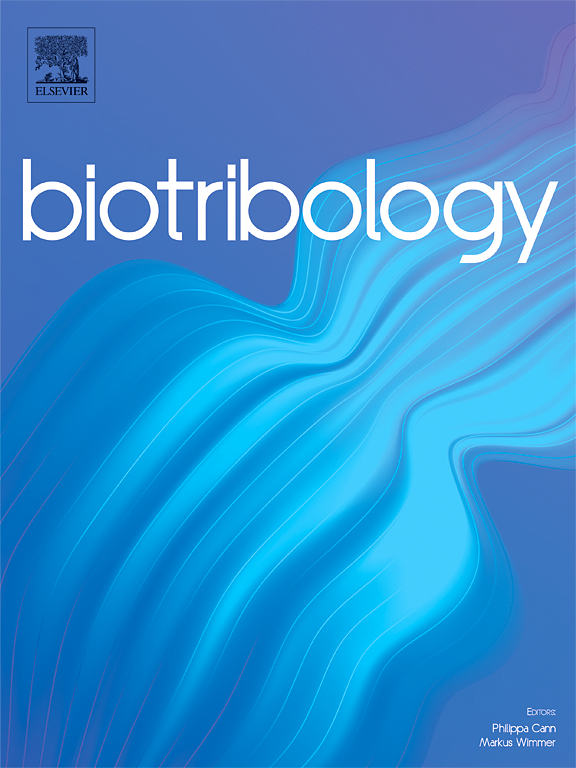A stress-dependent sliding wear model for bileaflet mechanical heart valves
Abstract
Pyrolytic carbon (PyC) is a common material used in mechanical heart valves. This investigation studies the effects of surface finish on the the sliding wear between two PyC surfaces. The primary application being, the prediction of wear at articulating surfaces within bileaflet mechanical heart valves. An experimental apparatus is designed which allows a cylinder to rotate on a flat plate at a constant frequency and load. The cylinder is harder (greater modulus of elasticity) than the flat surface. Two surface finishes of a single (hard) cylinder and two flat surfaces of different hardnesses (single surface finish) are investigated, for a total of four cases. These four cases are studied at four sliding distances. The exerimental data is used to develop theoretical load and stress-dependent models for sliding abrasive wear. For the boron alloyed PyC material used in this investigation, the load-dependent wear model is most applicable for unpolished cylinders and the stress-dependent model is most applicable for polished cylinders. These two models are used to make theoretical predictions of pivot wear in a bileaflet mechanical valve of the same material. The predictions from the stress-dependent wear model was found to be quite accurate with actual wear measurements. The methods developed in this paper are generalized and applied to other valve designs and materials.

 求助内容:
求助内容: 应助结果提醒方式:
应助结果提醒方式:


